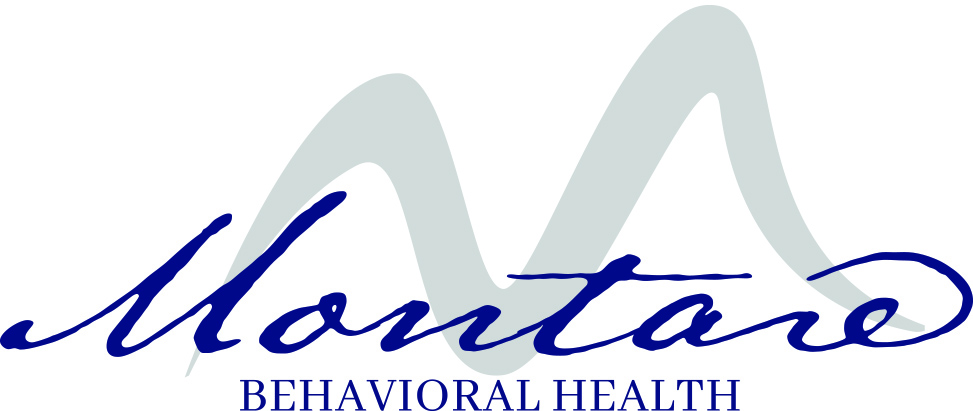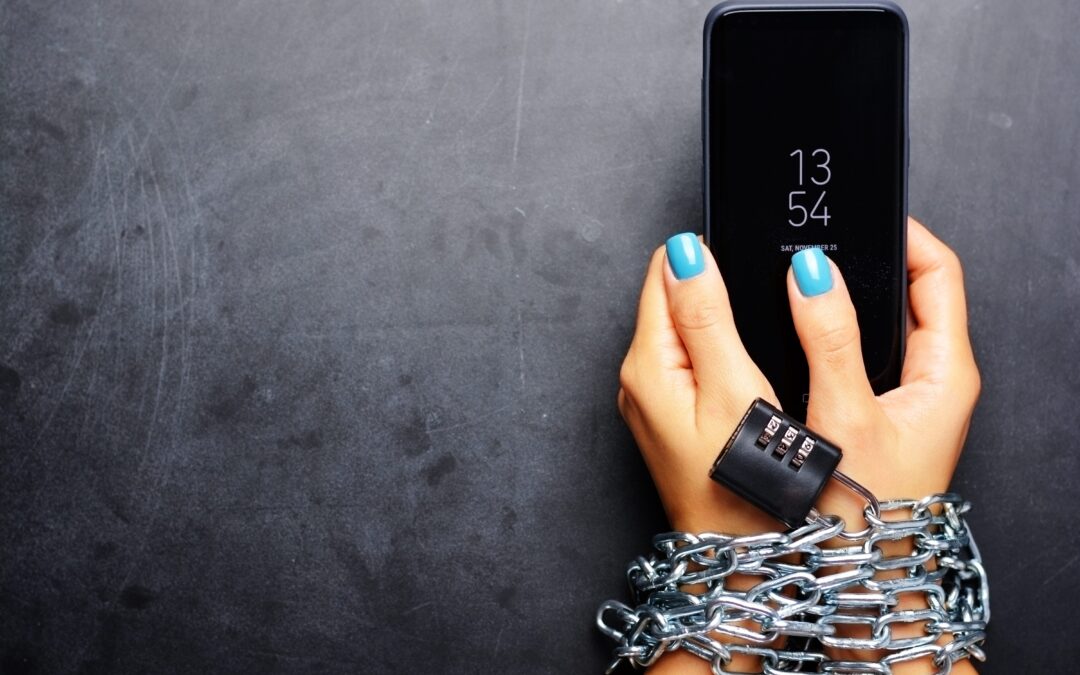Social media platforms such as TikTok, Facebook, Instagram, and Twitter have been the subject of considerable attention in recent years, due in no small part to their impact on users’ mental health. Discussions of the pros and cons of social media on mental health often focus on the negative impact that these and other platforms have. But social media may offer benefits as well, as long as people use caution when logging on.
List of Pros and Cons of Social Media on Mental Health
It would be virtually impossible to list all the pros and cons of social media on mental health. But here are a few of the more widely recognized benefits and drawbacks:
Pros
Social media has rightly been criticized for the potential damage it can cause to users’ mental health. But if people take the proper steps to protect themselves and their well-being, the pros and cons of social media on mental health can include positive features such as the following:
- Connection: Mental illnesses can have an isolating impact on a person’s life. It’s not uncommon for someone with a mental health disorder to feel like no one could possibly understand what they are going through. Social media offers the opportunity to connect with other people who are struggling with similar concerns. Discovering that you are not alone can be a life-changing realization.
- Information: Social media platforms can open doors to a wealth of information about mental illness, treatment, and recovery. Being able to explore treatment options, learn about the features and drawbacks of different approaches, and communicate with people who have firsthand experience with the type of disorder you have been living with can be empowering.
- Inspiration: Social media can be a source of motivation, support, and inspiration. Whether you have a mental health disorder or are simply having a bad day, kind words from online friends can make a world of difference. Conversely, when someone that you have connected with online is struggling, social media gives you the ability to reach across the miles and remind them that help is available if they need it.
Cons
When listing the pros and cons of social media on mental health, it can be easy to create an extensive list of cons. In the name of balance, here are three cons to compare to the pros from the previous section:
- Unrealistic expectations: Social media seriously harms your mental health when you begin to compare yourself and your life to the highly curated images presented by so-called influencers. People who make their living via social media posts often have entire teams of assistants to set up their photoshoots, edit their images, and post pictures that portray them in the best possible light. Simply put, these posts are not accurate reflections of reality.
- Inaccurate information: Just because someone shares a significant amount of information about a particular topic, this doesn’t mean they know what they’re talking about. (It also doesn’t mean they value the truth or are acting with integrity.) Social media can be a petri dish for rumors, conspiracy theories, and outright lies. Unfortunately, separating truths from falsehoods online can be extremely difficult. Social media seriously harms your mental health when you succumb to the onslaught of misinformation and make self-defeating decisions based on shoddy information.
- Harassment: Trolling, bullying, doxing, and other forms of online harassment can have a profound negative impact on a person’s physical and mental health. Certain social media platforms are conducive to both conflict and a “mob mentality.” If you find yourself on the wrong side of an argument, the abuse can become overwhelming. In severe cases, people have had to quit their jobs and go into hiding due to online threats. Anyone who believes that there is a distinct line between online interactions and “real life” has never been exposed to this type of harassment.

When is Deleting Social Media for Mental Health a Good Idea?
When your social media use has a consistently detrimental impact on your life, it may be time to delete the apps and take a break. Here are some signs to watch out for:
- You feel the need to check your social media accounts as soon as you wake up and right before you go to sleep.
- You begin to feel irritable or anxious when you can’t access your social media feeds because of work, school, or other obligations.
- Using certain social media apps causes you to feel bad about your appearance, weight, body shape, or lifestyle.
- You spend an inordinate amount of time “doomscrolling” – or getting caught up in the worst news of the day.
- When you interact with others via social media, the communication often descends into arguments, name-calling, and other unhealthy interactions.
How to Treat Mental Health Problems Caused by Social Media
If your mental health has suffered due to your social media use, deleting the apps can be a good first step. But simply removing these programs from your phone, tablet, or computer doesn’t undo the damage they may have already caused.
To determine how best to treat any mental health problems you have developed as a result of social media use, consult with a doctor, therapist, or other treatment provider. These professionals can assess your needs and recommend the treatment options that may be best for you.
There is no single ideal approach to mental health treatment. What’s most important is finding the type and level of care that align with your needs and expectations.
Contact Our Mental Health Treatment Facility in Southern California
Montare at the Valley is a trusted source of quality care for adults whose lives have been disrupted by anxiety, depression, and other mental health disorders. Our facility in Southern California is a safe and welcoming place where adults ages 18 and over receive personalized services from a team of skilled professionals. Contact us today to learn more.


Recent Comments